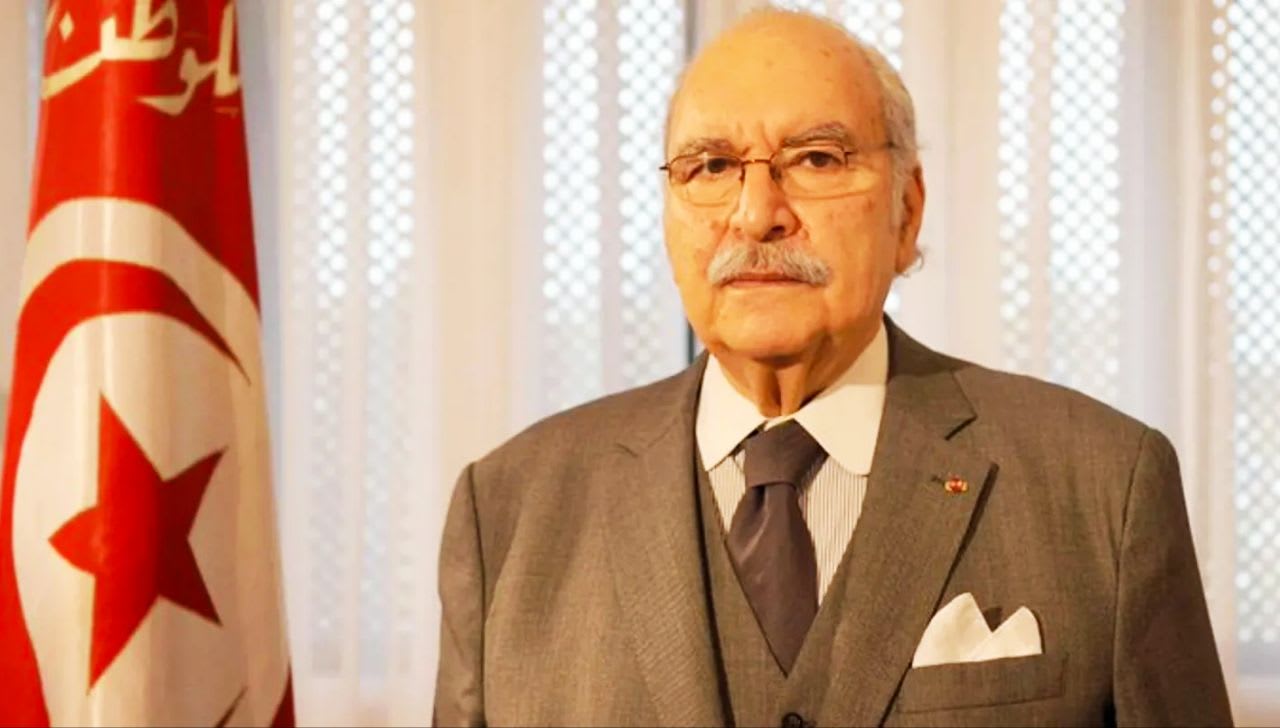Death took away on Wednesday evening one of the prominent figures in the history of Tunisian politics, Fouad Mebazaa, at the age of 91, after a long journey that spanned decades, witnessing fundamental transformations in the Tunisian national scene, and actively participating in its chapters.
Mebazaa was born on June 15, 1933, and began his political career during the era of the late President Habib Bourguiba, then continued his presence in decision-making positions during the reign of President Zine El Abidine Ben Ali, holding important ministerial positions, most notably Minister of Youth and Sports, and Minister of Public Health. He also served as the Mayor of Carthage between 1995 and 1997, and later was appointed as Tunisia's Ambassador to Morocco.
As his political career seemed to be heading towards retirement, a historical moment brought him back into the limelight, when he was chosen on January 15, 2011 to temporarily assume the presidency of the republic, following the fall of the Ben Ali regime, in the aftermath of the popular revolution that changed Tunisia's face.
Mebazaa led the country during one of the most critical stages in its modern history, until he handed over power on December 13 of the same year.
Prior to that, he held the position of President of the House of Representatives, in which he was elected, and remained at its helm until assuming the interim presidency. Throughout his career, he was known for his calm presence and the imprint he left in the corridors of the state, despite the political fluctuations and regime changes.
With the passing of Fouad Mebazaa, Tunisia closes a chapter of a statesman in its various stages, who accompanied its major transformations from post-independence to the pivotal moment of democratic transition.

